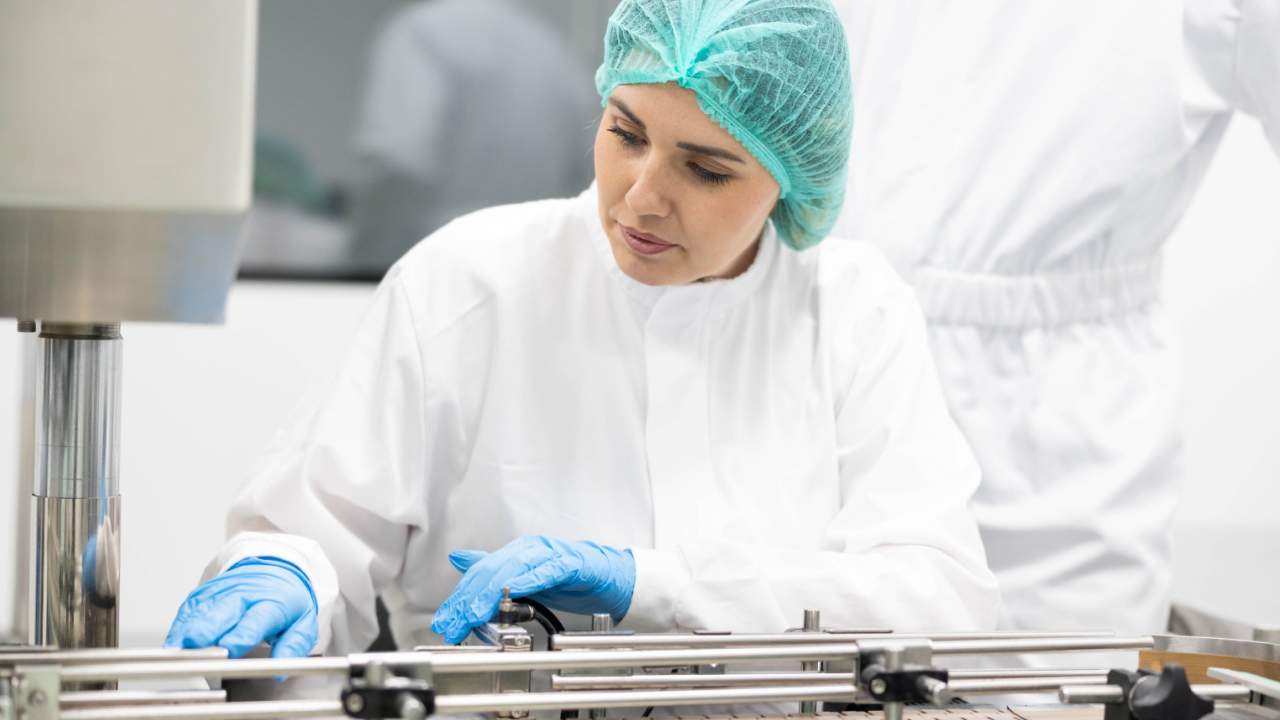Increasing an individual’s intake of vitamin C could prevent cataracts from forming. The finding is a result of the first twin study conducted to test the effects of both genetics and environmental factors on cataract progression with advancing age.
Cataracts – a gradual clouding of the lens in the eye – are the result of oxidative changes in the lens, leading to protein aggregates that can blur the vision. The effects of cataracts can be slight in some, however other individuals may experience severe vision loss that cannot be corrected by glasses or contact lenses.
Cataracts are the most common form of vision loss in individuals over 40, worldwide. As such, cataract surgery is one of the most commonly-performed surgical procedures in the UK, with over 300,000 surgeries being performed each year.
The current study – conducted by researchers at King’s College London – followed 324 pairs of female twin over a 10 year period. The twin participants were monitored for eye health by taking images of each volunteer’s lens, and their dietary vitamin C intake was recorded using a self-reported questionnaire.
The researchers found that participants who consumed more vitamin C had a 33 percent lower chance of developing cataracts, compared to those with less vitamin C in their diets. The study – published in the journal Ophthalmology – also found that the high vitamin C participants had clearer lenses after a 10 year period.
As the fluid surrounding the lens in the eye is high in vitamin C, researchers believe that the vitamin could be responsible for preventing oxidation and eventual cataract formation. If the amount of vitamin C from dietary sources is increased, it’s thought that this could increase the concentration of the vitamin in the eye, thereby preventing cataract progression.
“The findings of this study could have a significant impact, particularly for the ageing population globally, by suggesting that simple dietary changes such as increased intake of fruit and vegetables as part of a healthier diet could help protect them from cataracts,” said Professor Chris Hammond, consultant eye surgeon and lead author of the study from the Division of Diabetes and Nutritional Sciences. “While we cannot avoid getting older, diabetes and smoking are also risk factors for this type of cataract, and so a healthy balanced diet and lifestyle generally should reduce the risk of needing a cataract operation.”
Though genetics are also thought to influence cataract formation, the study shows that environmental factors such as diet play a greater role in lens clouding than was previously thought. As the current study only looked at women between the ages of 60 and 70, the results may not be able to be generalized to other groups at risk of developing cataracts.
“The human body cannot manufacture vitamin C, so we depend on vitamins in the food we eat,” said Kate Yonova-Doing, primary author on the study. “We did not find a significantly reduced risk in people who took vitamin tablets, so it seems that a healthy diet is better than supplements.”












Join or login to leave a comment
JOIN LOGIN